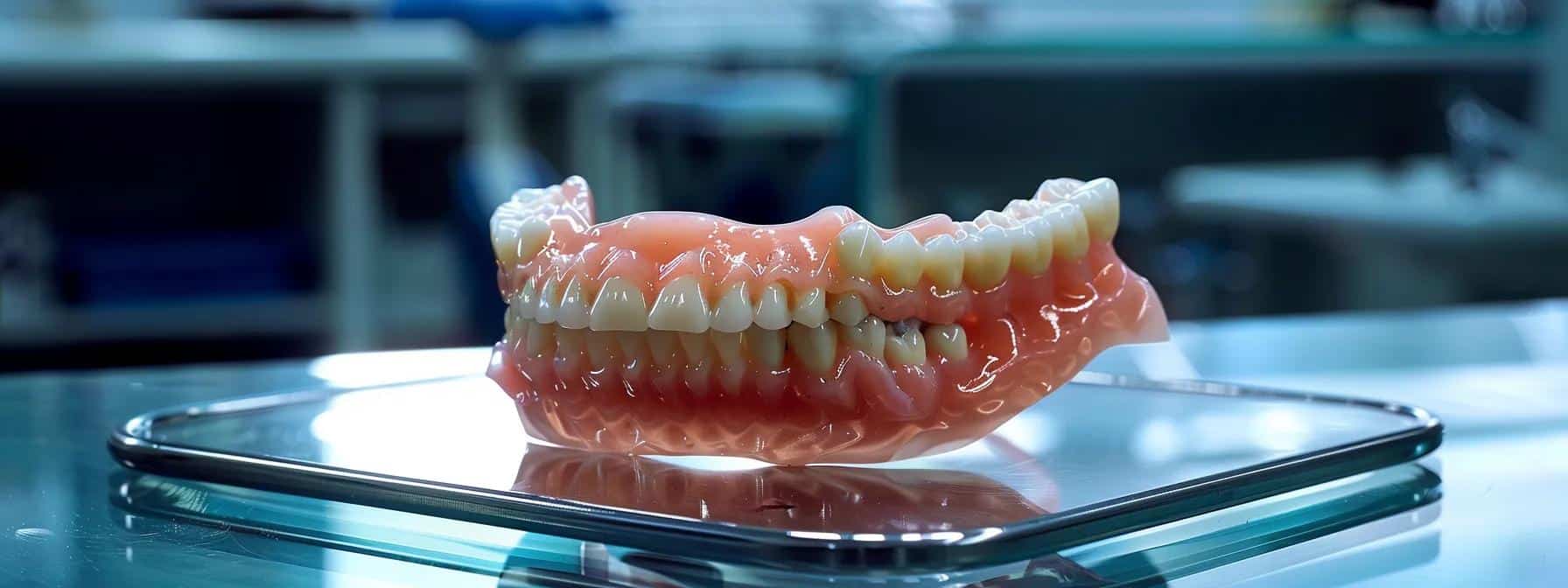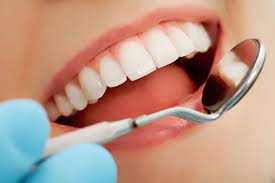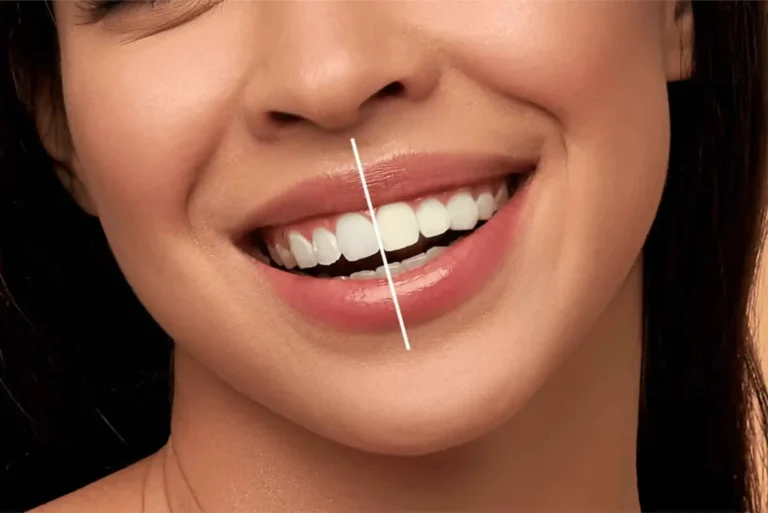Caring for Your Dentures: Tips for Longevity and Comfort

Proper denture care plays a fundamental role in maintaining oral health and maximizing the lifespan of your prosthetic teeth. This comprehensive guide provides practical strategies for daily maintenance, comfort optimization, and long-term preservation of your dentures. Understanding these care principles will help you maintain optimal oral hygiene while extending the functional life of your dental appliances.
Exploring Maintenance Practices
Daily cleaning routines form the foundation of effective care of dentures. Remove your dentures after each meal and rinse them under lukewarm water to eliminate food particles and debris. Use a soft-bristled denture brush or regular toothbrush to clean all surfaces thoroughly. Avoid using regular toothpaste, as abrasive ingredients can scratch the denture material and create spaces where bacteria accumulate.
Specialized denture cleaning solutions provide optimal results for daily maintenance. Soak your dentures in these solutions according to the manufacturer’s instructions, typically for 15-30 minutes. This process removes stains, eliminates odor-causing bacteria, and maintains the material’s integrity. After soaking, brush the dentures gently and rinse thoroughly before reinsertion.
Clean your mouth and gums daily, even when wearing dentures. Use a soft-bristled toothbrush to clean your gums, tongue, and any remaining natural teeth. This practice removes plaque buildup and stimulates circulation in your gums. Rinse with an alcohol-free mouthwash to maintain fresh breath and reduce bacterial growth.
Handling Techniques and Storage
Correct storage methods protect your dentures from damage and maintain their shape. Always store dentures in water or denture-soaking solution when not wearing them. Dry conditions cause the material to warp or crack, leading to poor fit and discomfort. Use room temperature or lukewarm water, as hot water can distort the denture’s shape.
Handle your dentures with care during cleaning and storage. Stand over a folded towel or basin of water when handling them to prevent breakage if dropped. The denture material can crack or chip easily when dropped on hard surfaces. Grip dentures firmly but gently, avoiding excessive pressure on any single area.
Store dentures in a clean, covered container when traveling or during extended periods of non-use. This prevents contamination and protects against accidental damage.
Addressing Common Comfort Issues
Denture adhesives can improve stability and comfort for those experiencing loose-fitting dentures. Apply a small amount of adhesive according to product instructions, focusing on areas where the denture contacts your gums. Avoid overuse, as excess adhesive can cause discomfort and make removal difficult.
Gradual adjustment periods help your mouth adapt to new dentures. Start with soft foods and gradually introduce firmer textures as comfort improves. Cut food into smaller pieces and chew evenly on both sides of your mouth to maintain balance and prevent denture displacement.
Address sore spots or irritation promptly to prevent complications. Rinse your mouth with warm salt water to reduce inflammation and promote healing. Remove dentures for short periods to allow irritated areas to rest. If discomfort persists beyond a few days, consult your dental professional for adjustments.
Learn More About Dentures
Regular dental appointments allow for professional cleaning and adjustments that extend denture lifespan. Your dental professional can identify wear patterns, make necessary adjustments, and recommend replacement timelines. These visits also include oral health screenings to detect potential issues early. Following these comprehensive care guidelines will help you maintain comfortable, functional dentures for years to come. Consistent daily maintenance, proper storage techniques, and regular professional care form the foundation of successful denture ownership. These practices promote oral health while maximizing the longevity and comfort of your dental appliances.
- What to Expect When Visiting a Foot and Ankle Specialist
- Causes of PTSD
- The Link Between Plantar Fasciitis and Weight Gain: What You Need to Know
- How Pet Ownership Can Positively Impact Life with Fibromyalgia
- The Importance of Stretching and Flexibility in Sports Medicine
Dr. Emma Green is a health and wellness expert with over 10 years of experience in nutrition and fitness. Passionate about helping others live their healthiest lives, Dr. Green shares practical advice on wellness, nutrition, and sustainable living through LivingSpristine.






